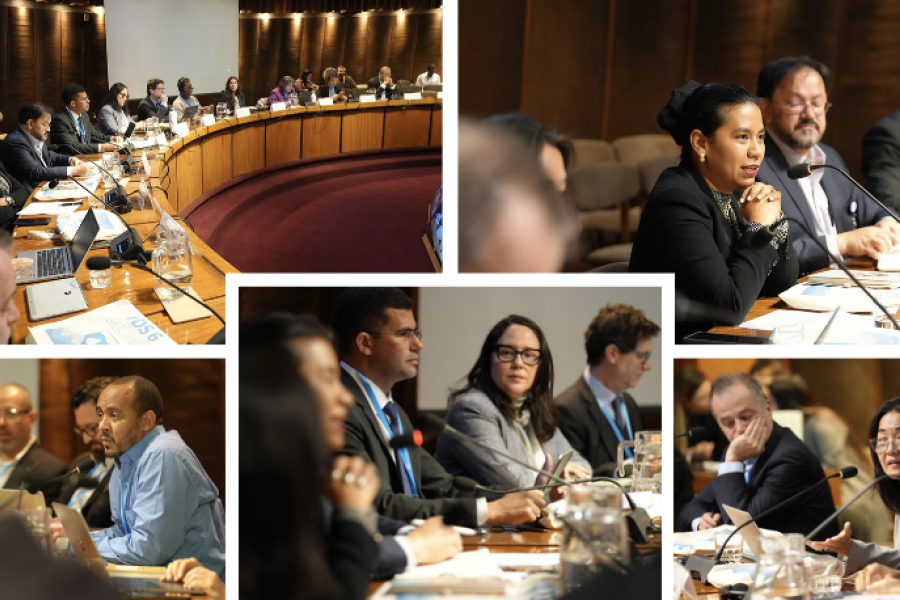Water resources
América Latina y el Caribe se caracteriza por albergar casi un tercio de los recursos hídricos mundiales. Aun así, presenta altos niveles de estrés hídrico en ciudades y zonas productivas, un limitado acceso a agua potable, donde 166 millones de personas aún no cuentan con un servicio gestionado de forma segura, menos del 50% de aguas residuales son tratadas de forma adecuada y donde el 43% de los países de la región reporta niveles bajos en la Gestión Integrada de Recursos Hídricos. Para enfrentar estos desafíos y otros relacionados a conflictos por el uso del agua, la CEPAL está impulsando una transición hacia la gestión hídrica sostenible e inclusiva en la región, que persigue garantizar el derecho humano al agua potable y saneamiento gestionados de manera segura; revertir las externalidades negativas (contaminación, sobreexplotación, conflictos) que surgen por el actual modelo de gestión del agua; y, apostar a un manejo circular del agua para aprovechar y reducir la presión sobre el recurso hídrico. Para alcanzar estas metas, la CEPAL, promueve, de la mano de los países de América Latina y el Caribe, el fortalecimiento de sus sistemas de gobernanza del agua, en base a evidencia, para que sean más robustos, transparentes y eficaces.
Activities
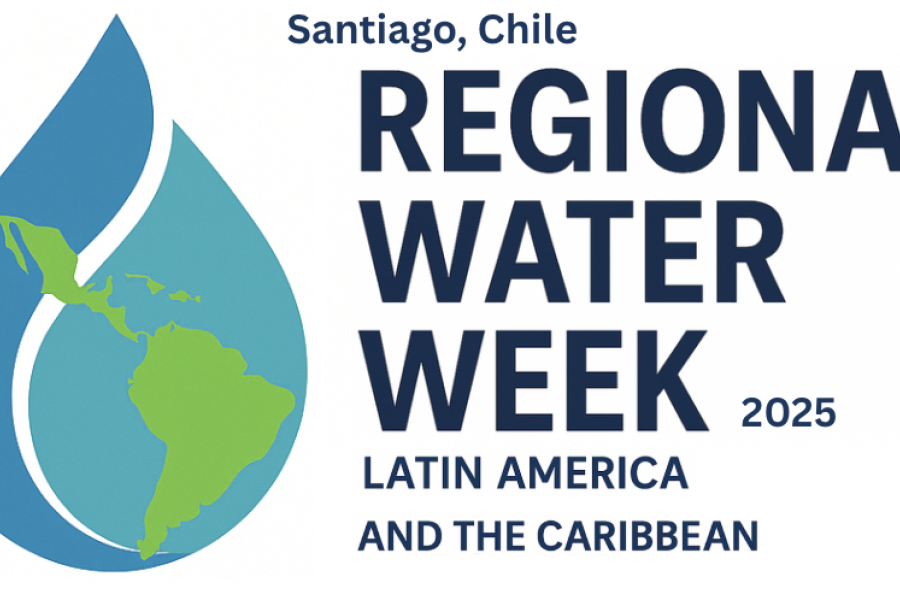
Regional Water Week for Latin America and the Caribbean – Santiago, Chile 2025
The Economic Commission for Latin America and the Caribbean (ECLAC), together with the Conference of Ibero-American Water Directors and Authorities (CODIA) and the Government of Chile, through the Chilean Ministry of Foreign Affairs’ Borders and Boundaries Directorate (DIFROL), are convening the Latin America and Caribbean Regional Water Week – Santiago, Chile 2025, which will take place from October 6 to 10, 2025, at ECLAC headquarters in Santiago, Chile, in a hybrid format (both in-person and virtual). This edition is being promoted by the General Directorate of Water (DGA) in its role as interim president of CODIA, with the support of the Secretariat of the Water Convention (UNECE-UN).
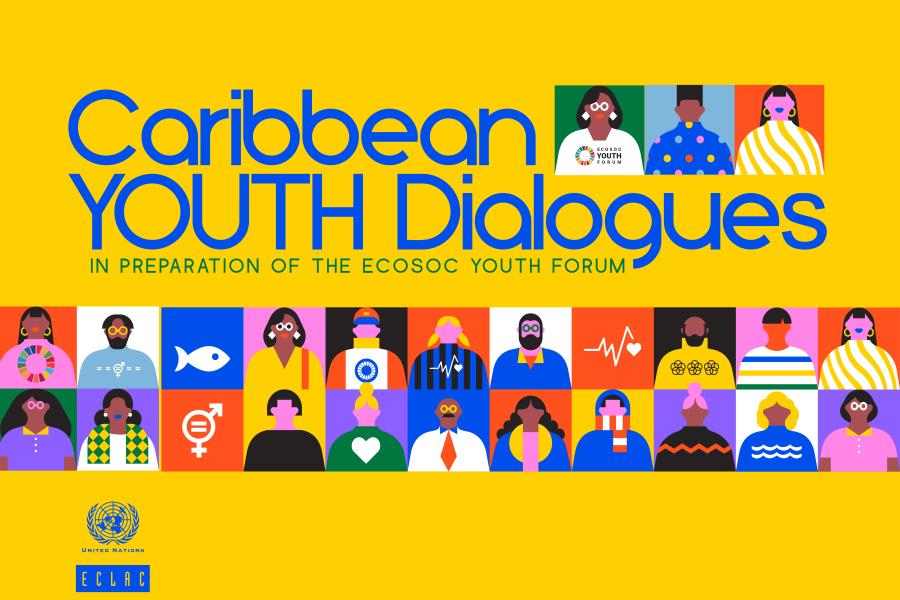
Caribbean Youth Dialogues 2025 in preparation of the ECOSOC Youth Forum
The 2030 Agenda for Sustainable Development is an opportunity to galvanize action aimed at promoting greater inclusion of youth in all spheres. This roadmap recognizes in several of its goals the centrality of the full incorporation of youth as a necessary condition to move towards more inclusive societies, in which no one is left behind, on a path to sustainable development. However, youth in the Caribbean face many challenges that need to be addressed as precursors to creating environments that enable them to reach their maximum potential to contribute to the achievement of SDGs by 2030, thereby leaving a legacy for future youth generations.
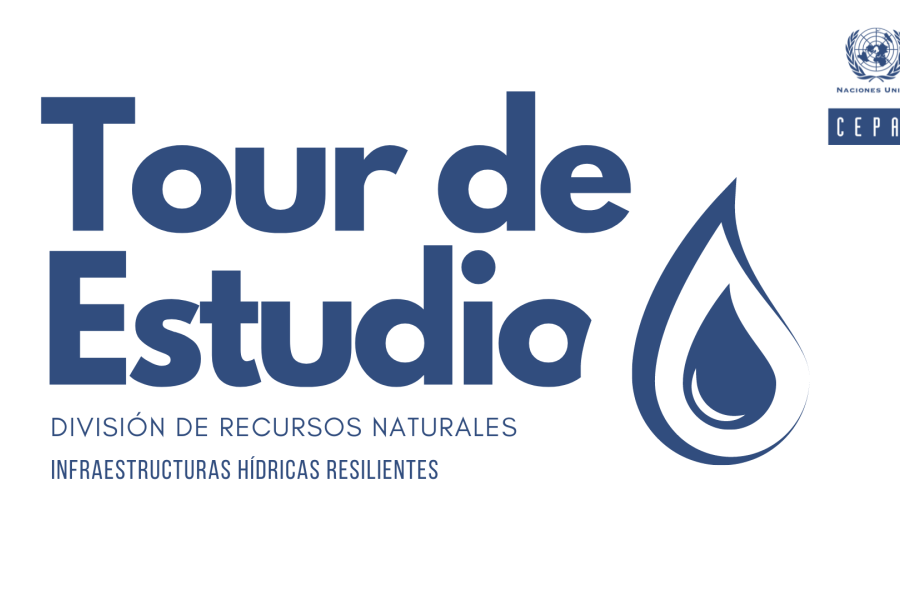
Study Tour on Resilient Water Infrastructures
The Economic Commission for Latin America and the Caribbean (ECLAC) is organizing a study tour focusing on resilient water infrastructures. Scheduled from November 18 to 22, 2024, in Santiago, Chile, this tour aims to provide an in-depth understanding of water management systems and their significance in ensuring water security and sanitation in the region.
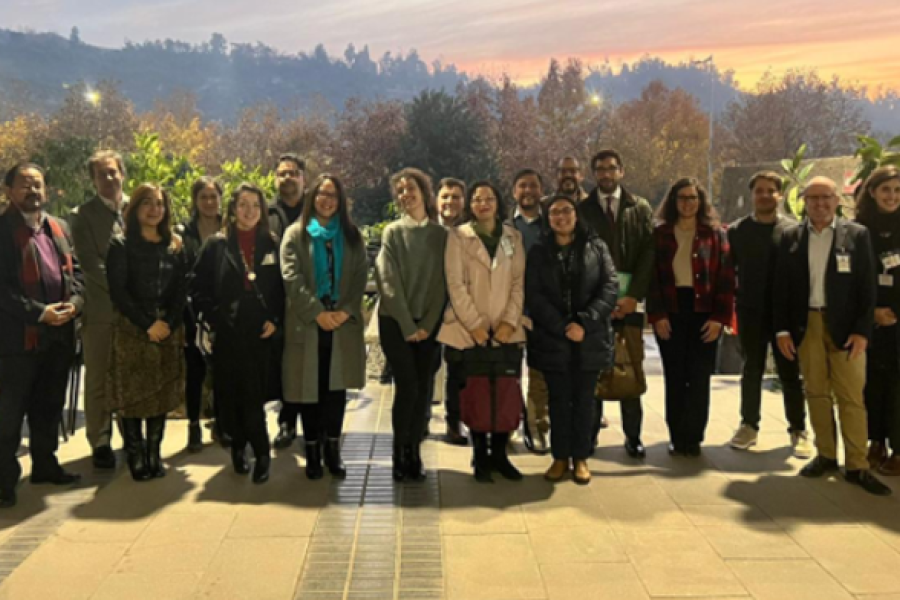
Nature-based solutions to increase water availability for agriculture: Second Seminar of the ROSA Project
On Wednesday, May 29, ECLAC carried out the Second Seminar of the Network and Observatory for Water Sustainability (ROSA) Project, which analyzed opportunities to implement Nature-Based Solutions (NbS) to increase water availability for agriculture. This event made it possible to disseminate the study that ECLAC is conducting on NbS in the context of Chile's Irrigation Promotion Law and facilitated the exchange of experiences among participating countries.
News

Towards a new regional agreement for water: Valuing the invaluable: ECLAC proposes valuing water to improve productivity, efficiency, equity and sustainability in Latin America and the Caribbean
At the 5th International Congress “Water for the Future: Towards a New Agreement for Water,” held in Mendoza, Argentina, Dr. Silvia Saravia Matus, Economic Affairs Officer of the Natural Resources Division of ECLAC, delivered a keynote address with a central message: without valuing water, effective water governance is impossible. Making its economic, social, and environmental value visible allows for prioritizing needs, correcting incentives, improving efficiency, and strengthening the legitimacy of decisions in the region.
Regional Water Week 2025 and V Regional Water Dialogues — Repository of Notes and Videos
From October 6 to 10, 2025, the ECLAC headquarters in Santiago, Chile, hosted the 2025 Regional Water Week , a multi-stakeholder event that brought together technical and political sessions and substantive discussions on water-related issues. During this week, the 5th Regional Water Dialogues were also held, an event that has been promoting cooperation, investment, and concrete solutions related to SDG 6 throughout the region. This web article brings together videos of the event and the official press releases published by ECLAC.
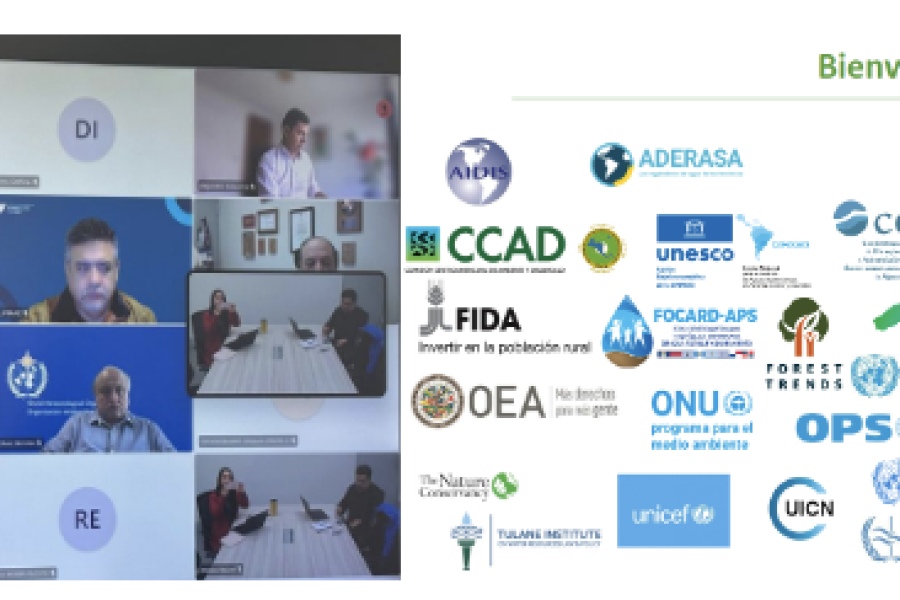
ECLAC leads the VI Meeting of the Regional Group of Experts on Water Resources in LAC
The Economic Commission for Latin America and the Caribbean (ECLAC) held the sixth meeting of the Regional Group of Experts on Water Resources, with the participation of representatives from international and national organizations and specialists from across the region.
